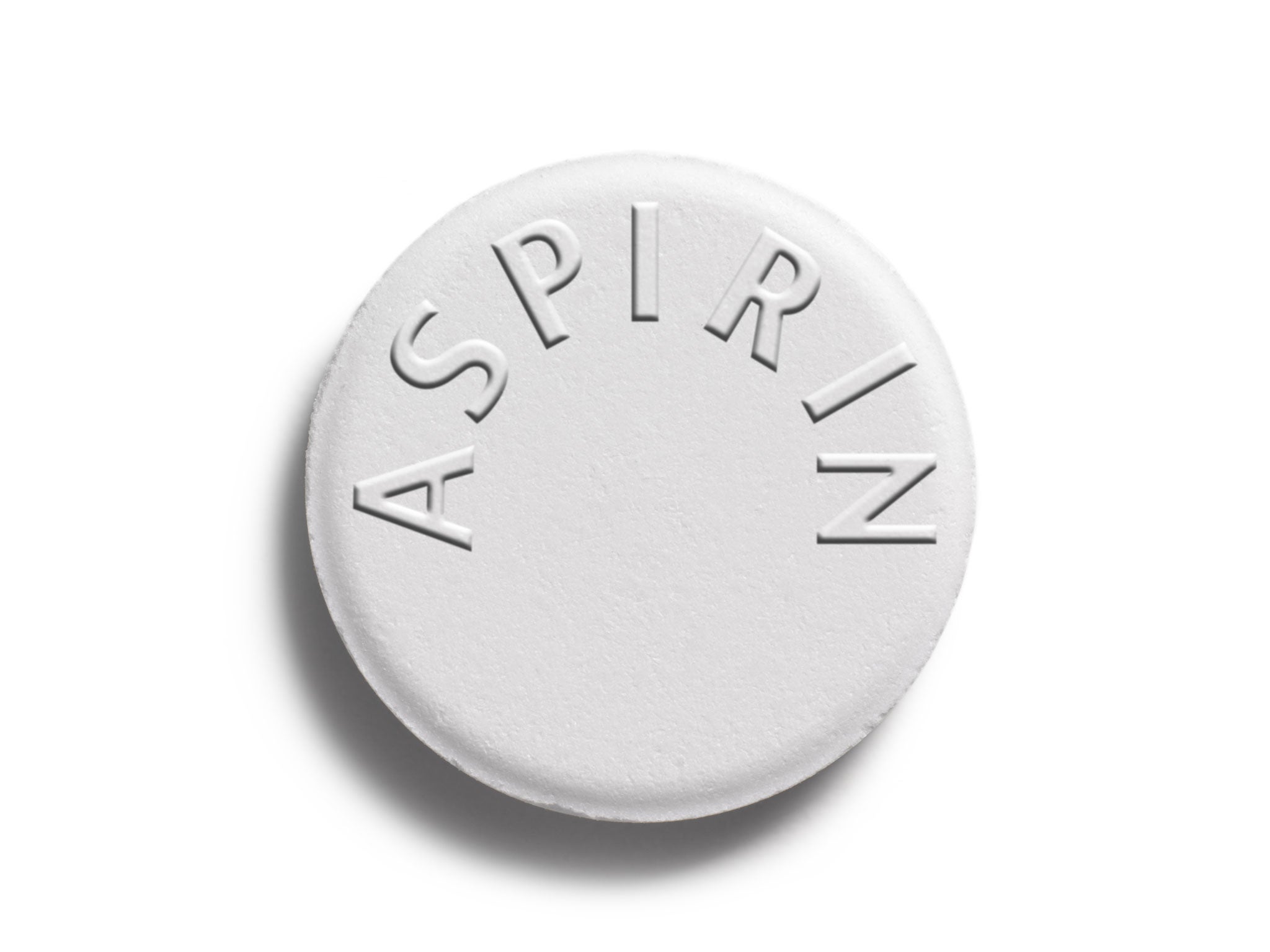Low-dose aspirin may stop growth of breast cancer, study suggests

Your support helps us to tell the story
From reproductive rights to climate change to Big Tech, The Independent is on the ground when the story is developing. Whether it's investigating the financials of Elon Musk's pro-Trump PAC or producing our latest documentary, 'The A Word', which shines a light on the American women fighting for reproductive rights, we know how important it is to parse out the facts from the messaging.
At such a critical moment in US history, we need reporters on the ground. Your donation allows us to keep sending journalists to speak to both sides of the story.
The Independent is trusted by Americans across the entire political spectrum. And unlike many other quality news outlets, we choose not to lock Americans out of our reporting and analysis with paywalls. We believe quality journalism should be available to everyone, paid for by those who can afford it.
Your support makes all the difference.Small doses of aspirin may block the growth and spread of the most virulent strains of breast cancer, research has revealed.
Cancer campaigners cautiously welcomed the announcement that the painkiller appears to prevent the creation of resistant stem cells that drive the disease – but warned the research is in its early stages.
US scientists tonight said laboratory tests, and tests on mice, showed aspirin directly and indirectly suppressed the proliferation of breast cancer strains, including the so-called “triple negative” cancer which is immune to most treatments and leaves women with few options to fight it.
Aspirin also boosted the effect of tamoxifen, a widely used treatment for the more common form of the disease, a study presented to the American Society for Biochemistry and Molecular Biology showed yesterday.
Eluned Hughes, of charity Breakthrough Breast Cancer, urged caution over the “incredibly early stage research” which is yet to be tested on any of the 39,000 patients diagnosed in the UK each year. But she added: “It could be promising for the future. We’ll watch this closely to see how it progresses. We hope to continue to see new options for these patients.”
Join our commenting forum
Join thought-provoking conversations, follow other Independent readers and see their replies
Comments